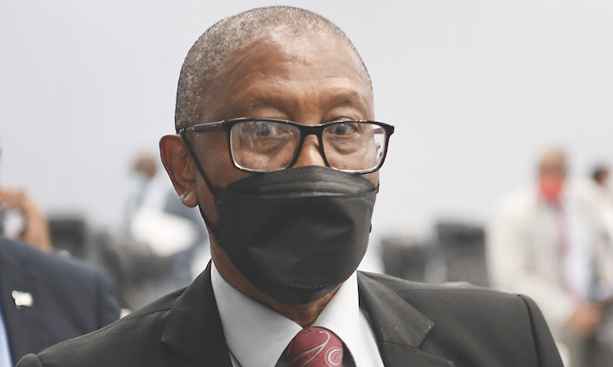The draft Economic Recovery and Transformation Plan that was unveiled this week requires robust intervention plans and clear targets for it to succeed, say experts.
The Minister of Finance and Economic Development Dr Thapelo Matsheka has warned that the economy will shrink by 13% in 2020 and reiterated the need for stimulus package to bailout economy.
The proposed draft economic recovery plan aimed at mitigating the impact of COVID-19 will need P20 billion to re-energise economic activity which is poised for massive waning.
Pako Moshaga, Credit Manager and economic specialist from BancABC, has looked at the proposed plan and said it was crucial to have clear viable targets in three affected areas of mining, agriculture and tourism.
He said with regard to mining, downstream industries suffer a ripple effect whenever the mining industry is squeezed as it is the case now.
Moshaga said prior to lockdown the mining sector had been facing poor sales in the Chinese market – a major buyer – over the coronavirus outbreak which had been further fueled by travel limits.
“The upside economic recovery and transformation draft plan is around possible fuel rebates and tax exemptions with regards to electricity usage. The latter is unlikely given the purported fiscal state of Botswana Power Corporation which gets notable cash from this sector,’’ he said.
The biggest question, he said, here is if there is time for the necessary consultation with cutting and polishing sector leaders as the draft plan recommends that a dialogue should take place. It is not clear when this would be done, he noted.
Enabling policies
Policy expert analyst Lawrence Ookeditse contended that for the economic recovery plan to be achieved more especially in agriculture, there are some policies that need to be well presented.
He said there should be more emphasis on driving the worth and value of land so as to meet the dream of reviving and commercialising agriculture. This, he said, requires efficient land access.
“As I browsed through the recovery plan, there are still serious issues of policies that need to be bottomed out as they make it difficult for people to have access to financing such as security that is needed by financiers when one needs a loan to invest in agricultural land. It is an old thing,” he said.
He said government should also come out clear and ensure that it drives the value of land to unlock growth by offering access to water, power and serviced roads to reach markets.
He said for the plan to be achieved government must be ambitious enough to provide enabling services such as ensuring easy access to funding so that local small scale commercial farmers can also compete against large scale farmers who benefit more as policies suit them.
Commenting on viability of agriculture recovery plan proposals, Moshaga said it should be clear how the planned interventions are aimed at empowering citizens through enhancing infrastructure that is hurdle for farmers.
“Given reduced tax revenue to date, on the account of significantly reduced trade levels, and Covid-19 related blows to government’s funds, the feasibility of funding the exciting offered infrastructure around dams near Selebi-Phikwe and Mogobane needs to be gauged wisely,” he said.
Localising tourism
Moshaga is of the view that instead of leveraging a lot on the extensive reach equity of Brand Botswana, government should rather push for an increase in the domestic tourism campaign.
He buttressed that this should be considered given that border restrictions have cut off foreign tourists, saying the only hurdle to the approach would be harmonising with issuance of permits.
According to Moshaga, the Covid-19 impact on the sector is devastating and government should consider extending wage subsidy for the sector to December 2020 to boost tourism.
“Revised OECD figures estimate a 60% decline in international tourism in 2020 due to Covid-19.According to OECD, this could rise to 80% if recovery is delayed until December 2020,” he underscored noting that Citizen-economic empowerment in tourism sector continues to lag.
